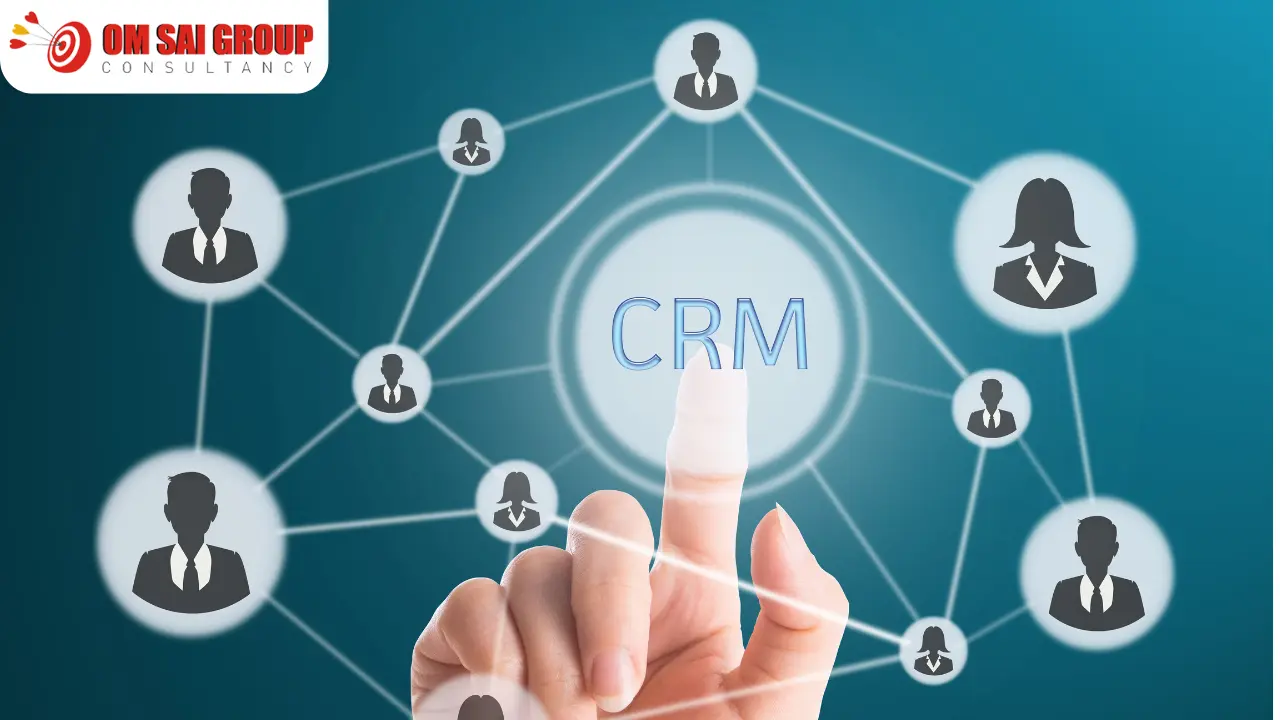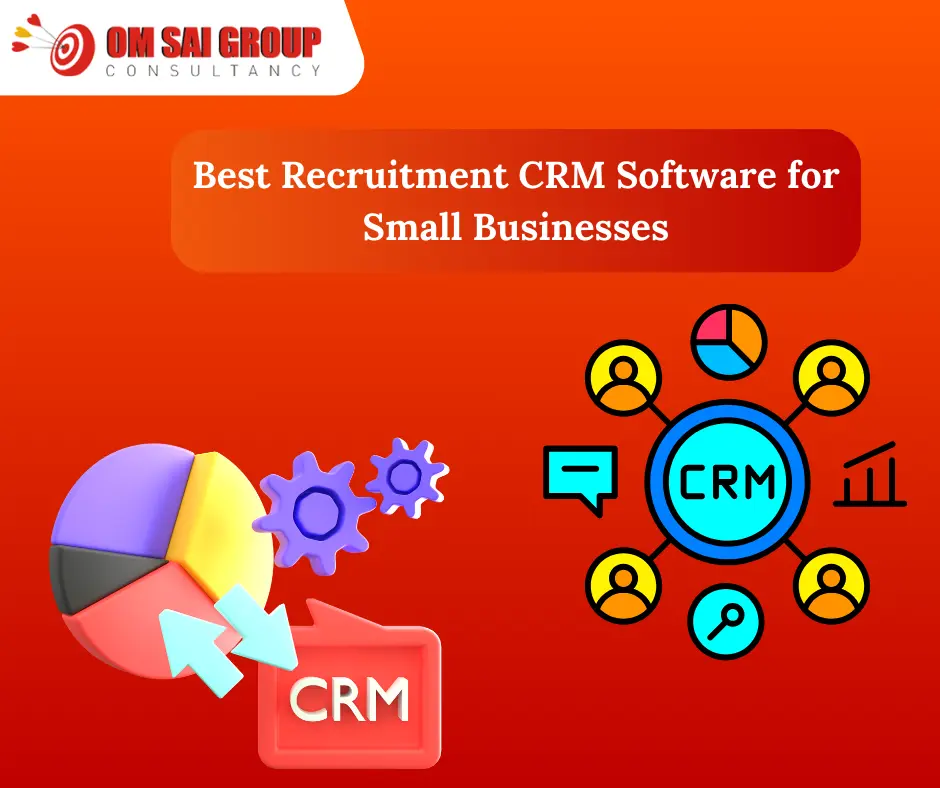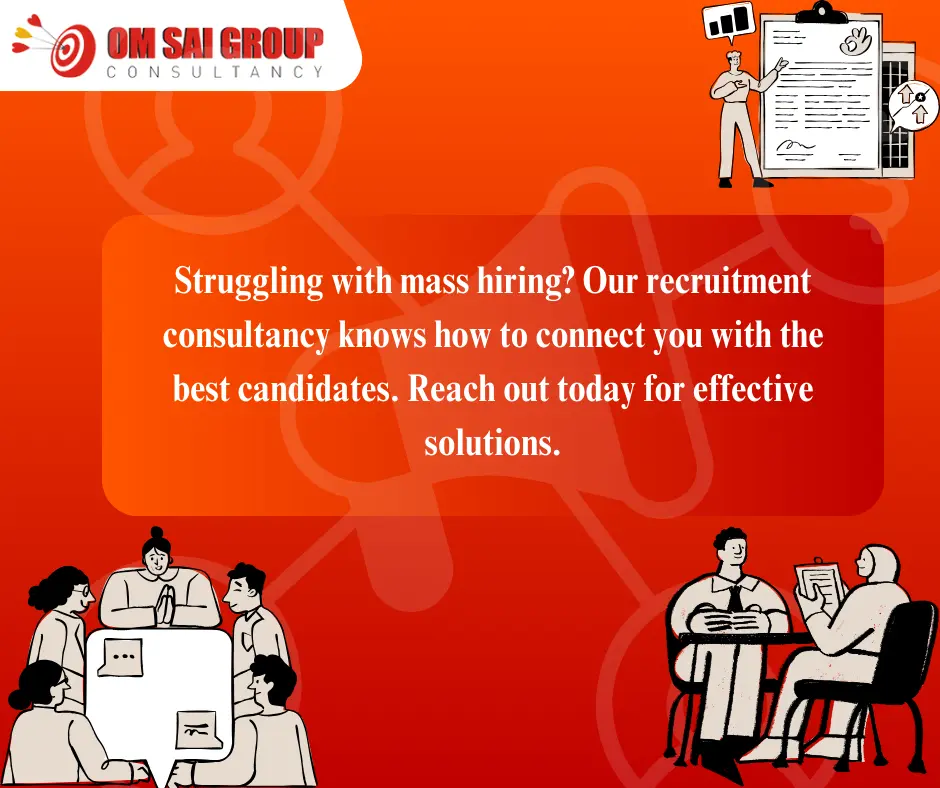Transforming Talent Acquisition Through Technology
In a hyper-competitive hiring environment where the war for talent never ceases and time-to-hire metrics contract by the quarter, organizations can no longer continue to depend on creaky old spreadsheets, junked-up inboxes, and disjointed communication. Recruitment CRM The recruitment future is in the hands of those who leverage smart systems that automate processes, reduce redundancies, and focus on candidate experience. Recruitment CRM software is no longer an indulgence—it’s the command center of next-generation talent acquisition.
The Rise of Recruitment CRM in a Data-Driven Era
Talent sourcing has become a complex, data-driven process. Recruiters have to manage sourcing, screening, candidate communication, interview scheduling, offer negotiation, and onboarding—often across multiple teams and channels. In comes Recruitment CRM software, a solution built to centralize and streamline every interaction in the hiring process.
These systems are not only meant to handle resumes, but to build a systematic and smart pipeline of candidates. From CV parsing to interview scheduling and follow-up automation, a Recruitment CRM fills the gap between manual labor and digital effectiveness.
The growth is not in doubt. As of 2024, more than 60% of India’s mid-sized staffing agencies have implemented CRM recruitment systems, and the trend is gaining momentum.
Understanding the Core of a Recruitment CRM
Recruitment CRM software serves as a centralized hub where recruiters maintain relationships with active candidates and passive prospects alike. Placement Service While traditional ATS (Applicant Tracking Systems) are often reactive and operational in nature, CRMs within recruitment are proactive and relational in that they build on relationships over time so that the best talent is not lost in the cracks.
In India, the recruitment technology market has experienced a phenomenal boost. With Recruit CRM company presence in India covering metro cities such as Mumbai, Bengaluru, and Hyderabad, local software companies are competing head-on with international giants. This localization ensures CRMs are now customized to the unique hiring idiosyncrasies of the Indian labor force—multi-language support, bulk SMS capabilities, and adherence to Indian employment regulations.
6 Tangible Benefits of Using a Recruitment CRM System
1. Accelerated Candidate Sourcing
The biggest impactful benefit of utilizing a Recruitment CRM software lies in the opportunity to aggregate candidate information from across sources—social media, internal talent pools, referrals, and job boards. Recruiters have the possibility of creating an ongoing, growing database that can be searched, segmented, and updated automatically. This leads to quicker sourcing as well as lower times to source.
2. Enhanced Collaboration Across Teams
Modern hiring is a team effort. Whether they are HR leaders, hiring managers, or outside partners, coordination is everything. An effective CRM facilitates role-based access and real-time cooperation on candidate pipelines. It does away with round-robin email chains and encourages transparency, keeping everyone on the same page.
Interestingly, among the top 10 Recruitment CRM solutions, some of them have Slack, Microsoft Teams, and other collaboration platform integrations in place to ensure interdepartmental communication is seamless.
3. Improved Candidate Engagement
Engagement is not a one-off activity—it’s a process. CRMs are pre-loaded with automated workflows that send targeted messages to candidates at critical points in time. Whether it’s a thank-you email after an interview or a regular check-in for passive candidates, the system makes sure no one is left behind. This assists in creating a robust employer brand and maintaining long-term interest from high-potential talent.
Actually, companies that utilized Recruit CRM recruitment process tools experienced a 40% improvement in candidate response rates within three months.
4. Real-Time Analytics and Data-Driven Decisions

Data is the recruiter’s compass. With built-in dashboards and reporting tools, Recruitment CRM software provides insights into hiring bottlenecks, recruiter performance, sourcing channel ROI, and more. These insights allow recruiters to tweak strategies on the fly, making the process leaner and more efficient. Staffing solutions
Organizations using CRMs report 30% faster decision-making, thanks to real-time visibility into every stage of the funnel.
5. Seamless Integration with External Tools
The top CRMs don’t stand alone. They integrate effortlessly with job boards, video interview tools, background check providers, and even payroll platforms. This avoids duplicate data entry and makes one cohesive ecosystem for the entire hiring process.
CRMs of the top 10 Recruitment CRM systems tend to offer plug-and-play APIs for scalability and future-proof compatibility with changing tech stacks.
6. Scalable and Customizable Architecture
Regardless of whether you’re onboarding ten developers or a thousand customer support reps, a CRM can grow with your business. The modular design of most contemporary systems makes it easy for companies to introduce new features as they expand—be it AI-powered candidate matching, multi-language support, or custom workflows.
Multi-location businesses also appreciate geotargeted functionality, particularly relevant for companies that are interested in Recruit CRM company location flexibility.
Why the Indian Market is Embracing CRM for Recruitment
India’s labor market is among the most vibrant in the world, with more than 500 million people in the working-age group. This number presents both promise and challenge. With diverse demographics, geographic preferences, and compliance requirements, recruiters in India have some very specific challenges that call for customized technological solutions.
This is where Recruit CRM India company location is a strategic strength. manpower Service the Indian market—imagine vernacular integrations, region-based compliance templates, and bulk outreach through WhatsApp and SMS.
Choosing the Right Recruitment CRM Software
There are plenty of tools out there, so it may be daunting to choose the right one. Companies should consider:
Scalability: Will it be able to support future hiring volumes?
Customization: Does it fit your workflow?
User Experience: Is the UI easy for recruiters and candidates to use?
Integration: Will it integrate smoothly with your current tech stack?
Analytics: Does it provide actionable insights?
By comparing the top 10 Recruitment CRM systems against these factors, organizations will be able to make an educated decision.
The Future is Digital—Act Now
The era of digital hiring isn’t around the corner—it’s already upon us. With businesses vying for qualified talent and top talent demanding white-glove service, smart systems are no longer a nicety, they’re a necessity. CRM hiring process tools aren’t administrative — they’re strategic. They make recruitment into a high-functioning business-aligned unit.
The adoption curve is steep, but early movers have a definite competitive advantage. recruitment Agencies Talent does not wait for anyone. The sooner you optimize, the sooner you will be able to attract and retain the best in the market.
Final Thoughts
Recruitment isn’t just about filling vacancies. It’s about building relationships, nurturing potential, and shaping the future of the organization. With Recruitment CRM software, businesses get the infrastructure they need to do all three—at scale, with precision, and with a human touch.
By harnessing the power of CRM in your recruitment strategy, you’re not just adapting to change—you’re leading it.




